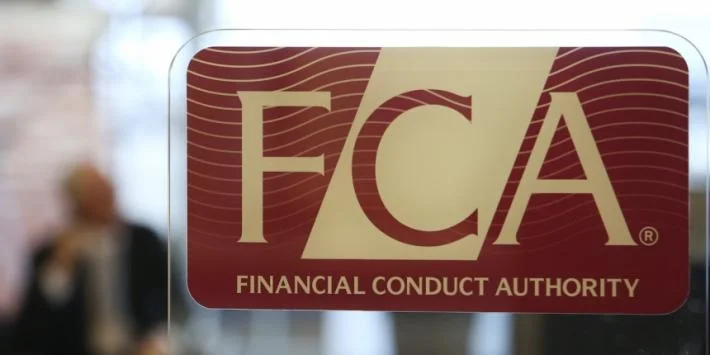The UK’s financial regulator, the Financial Conduct Authority (FCA), has published a statement that requires all non-registered Bitcoin ATMs to be immediately closed down.

The United Kingdom government has issued a severe “shut down or face further action” order to operators of Bitcoin ATMs, explaining their intentions to contact these companies to confirm the notification, which has come as a surprise to many in the industry.
The enforcement was based on a lack of regulatory structure, the high-risk potential of fluctuating assets, and the need of adhering to the principles set forth in the Money Laundering Regulations (MLR).
“We are concerned about crypto ATM machines operating in the UK and will therefore be contacting the operators instructing that the machines be shut down or face further action.”
Since August 2020, the FCA has approved registration for 33 crypto firms under the MLR framework, the most noteworthy of which are Gemini Europe Ltd, Kraken’s holding company Payward Ltd, Galaxy Digital UK Limited, and, most recently, eToro (UK) Ltd.
In addition, the FCA has granted temporary registration status to 22 firms until March 31, 2022, when a determination on the legitimacy of their application will be made.
Blockchain Access UK Limited (blockchain.com), Copper Technologies (UK) Limited, Revolut Ltd, and Wirex Ltd are only a few of the companies involved.
Bitcoin ATMs in the UK
According to Coin ATM Radar’s analysis, there are 81 Bitcoin ATMs in the United Kingdom, operated by eight different companies.
According to the FCA, none of the 33 permitted organizations has filed the necessary documentation or obtained licensing status to provide Bitcoin ATM services within the jurisdiction, thus the rest must be considered illegal.
The precedent for this judgment was set on Nov. 15, when the FCA issued a decision notice to Gidiplus Limited, a Bitcoin-centric crypto-asset automated teller machine (CATM) service, rejecting its application as a “crypto-asset exchange provider,” also known as a Bitcoin ATM service.
Gidiplus does not meet the MLR law’s “conditions for registration,” according to the official sixteen-page study.
Gidiplus lost its appeal to the Upper Tribunal chamber on Dec. 3, with the FCA closing their evaluation with the concept that the appellant’s case offered a “lack of evidence as to how Gidiplus would conduct its business in a generally compliant manner pending conclusion of its appeal.”
